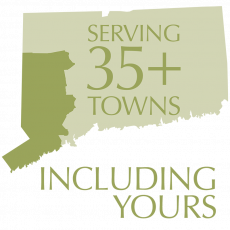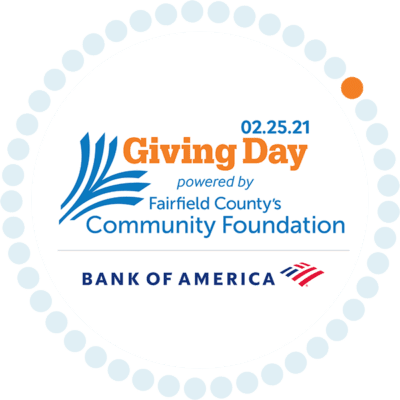Is there a link between seasonal allergies and diet?
I get this question all the time. And the short answer is YES! There is a relationship between a person’s diet/nutrition and their seasonal allergies and the connection can best be understood with an explanation of “Oral Allergy Syndrome.”
Also known as “pollen-food syndrome,” Oral Allergy Syndrome is when a person exhibits an allergic reaction in response to certain food items, typically foods that are high in pollen and allergens, such as tree nuts, raw vegetables, and raw fruits. Different foods cause trouble for different people, and typically relate to their specific seasonal allergies. But first, it’s important to note the difference between Oral Allergy Syndrome and more traditional food allergies to be sure you’re seeking the right help if you respond allergically to certain foods. Let’s start by breaking it down….
Oral Allergy What?
Those who suffer from seasonal allergies due to tree pollen, grass pollen, or ragweed can also experience a type of allergic reaction when eating foods that contain those allergens, as well. Reactions can range from mild itching and tingling of the lips and tongue to extreme itching of the lips, tongue, cheeks and throat. This kind of reaction is called Oral Allergy Syndrome. It is common in older children, teens, and young adults, and is most frequently found in people who have grass pollen, birch, and ragweed allergies.
What to Watch Out For
Allergic to ragweed? You may find yourself reacting to bananas, melon, or zucchini. Sensitive to grass pollen? Dates, oranges, potatoes, or peanuts could cause trouble. Is tree pollen your nemesis? The list of potential trouble makers is long, and includes apples, strawberries, cherries, beans, carrots, almonds, sunflower seeds, and more. The good news is that people who suffer from Oral Allergy Syndrome may be able to eat foods that typically trigger an allergic reaction if they’re cooked. Cooking alters the proteins that cause the reactions, so the immune system no longer triggers a response. Check with your doctor before trying this approach.
Food Allergies – Nothing to Sneeze At
It’s important to make the distinction between a reaction caused by the presence of pollen in certain foods, and a full-blown food allergy, which can be much more serious. There are eight major food allergens – fish, shellfish, milk, eggs, tree nuts, peanuts, wheat, and soy. In allergic individuals, these foods cause symptoms ranging from mild itching of the skin that comes in contact with the allergen, stomach upset, diarrhea, vomiting, swelling of the lips, tongue and throat, and hives to anaphylaxis, a potentially life-threatening reaction.
While those with Oral Allergy Syndrome can sometimes eat bothersome foods by cooking them, this is NOT the case for those with a traditional food allergy. If you are having any concerns with reactions to food, it is always best to see your doctor or allergist to confirm whether or not there is a true allergy present.
As a dietitian, I work with many clients who have food allergies and intolerances. We work together to examine symptoms and see what foods work best for them. I’m also able to give clients alternatives to the foods that they really miss and help create menus to be sure they’re getting the proper nutrition for their needs.
If you suspect you have a food allergy or intolerance, it’s critical to get tested by a professional, as opposed to trying to solve the problem yourself. Once you have your results, you can work with both your doctor and a dietitian to stay safe and find foods that you enjoy.
It’s allergy season. Be careful out there!
If you need help getting started on your nutritional journey, feel free to contact me for a private consultation at 203-438-5555.



